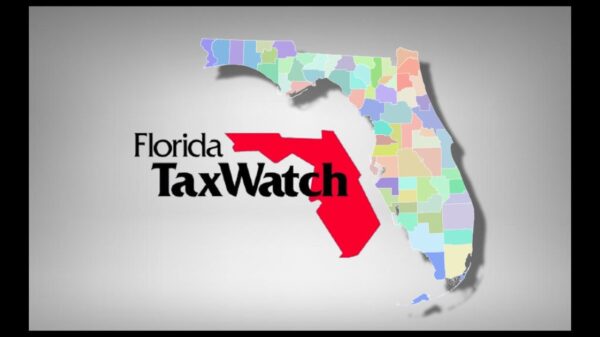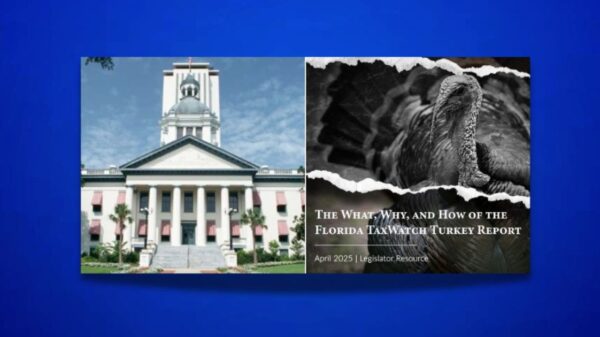On Monday, Florida TaxWatch (FTW) released “Beyond the Pandemic: Long-Term Changes and Challenges for Leisure and Hospitality in Florida,” the fifth installment in the taxpayer research institute’s “COVID-19 Legacy Series.”
The report outlines the Leisure and Hospitality sector’s significant contributions to Florida’s economy prior to the onset of the pandemic and explains how COVID-19 has exposed lingering vulnerability within the service and tourism industries, while also presenting several considerations and opportunities to help prepare for inevitable disruptions in the future.
Florida TaxWatch President and CEO Dominic Calabro weighed in on the report on Monday
“Over the last two decades, unrivaled growth in the Leisure and Hospitality sector has catalyzed Florida’s heavy reliance on service industry jobs and heightened sensitivity to tourism patterns. Therefore, as a result of the COVID-19 pandemic and the nearly 40 percent decline in out-of-state visitors in 2020, this sector experienced a pronounced decrease in employment, with 532,000 jobs lost in April 2020 alone. Fortunately, there has been a steady reclamation of jobs since then – currently, the sector is at 84.8 percent of its pre-pandemic employment level – but the timeline for recovery is still uncertain,” Calabro said.
The FTW analysis notes that, from 2000 to 2020, Leisure and Hospitality employment grew by 67.3 percent in Florida – more than any other sector. Additionally, since the start of the Great Recession recovery in 2010, the state has experienced rapid tourism growth every year, reaching an apex in 2019 with approximately 131 million out-of-state visitors. The combination of large employment growth and annual tourism made the sector extremely vulnerable to the impending pandemic. Following the emergence of COVID-19, the number of tourists dropped to a mere 79.3 million visitors in just one year.
However, estimates are still promising, suggesting the state may reach 129 million total visitors sometime in 2022 and likely 195 million annual visitors by the end of the decade. It is predicted that leisure driving vacations will return first, followed by business travel, domestic air travel, and international travel. As outlined in a previous FTW commentary, though, the shift to remote work during the pandemic may complicate the return of business travel.
Among other obstacles facing the Leisure and Hospitality sector are staffing shortages, with over one-third of the nation’s workers who have left the tourism industry indicating they are not considering returning because of low pay, lack of benefits, and other factors. While this is certainly concerning on a national level, according to FTW, in Florida in particular, it poses a long-term risk for other areas of the state’s economy since Leisure and Hospitality serves as an important talent pipeline for other industries. These long-term difficulties underscore the importance of expanding workforce training and identifying career pathways to in-demand fields.
Technological innovation and automation could offer another solution, as they were proven means of survival for many businesses disrupted by COVID-19, but the extent to which it continues to create new skill sets for the Leisure and Hospitality sector will be a constantly evolving consideration.
Moreover, these structural changes to the Leisure and Hospitality sector present an opportunity for long-term economic diversification for emerging and/or in-demand industries like health care, information technology, engineering, and e-commerce, which FTW asserts will be imperative for Florida’s economic longevity and resilience in a dynamically disruptive future.






















